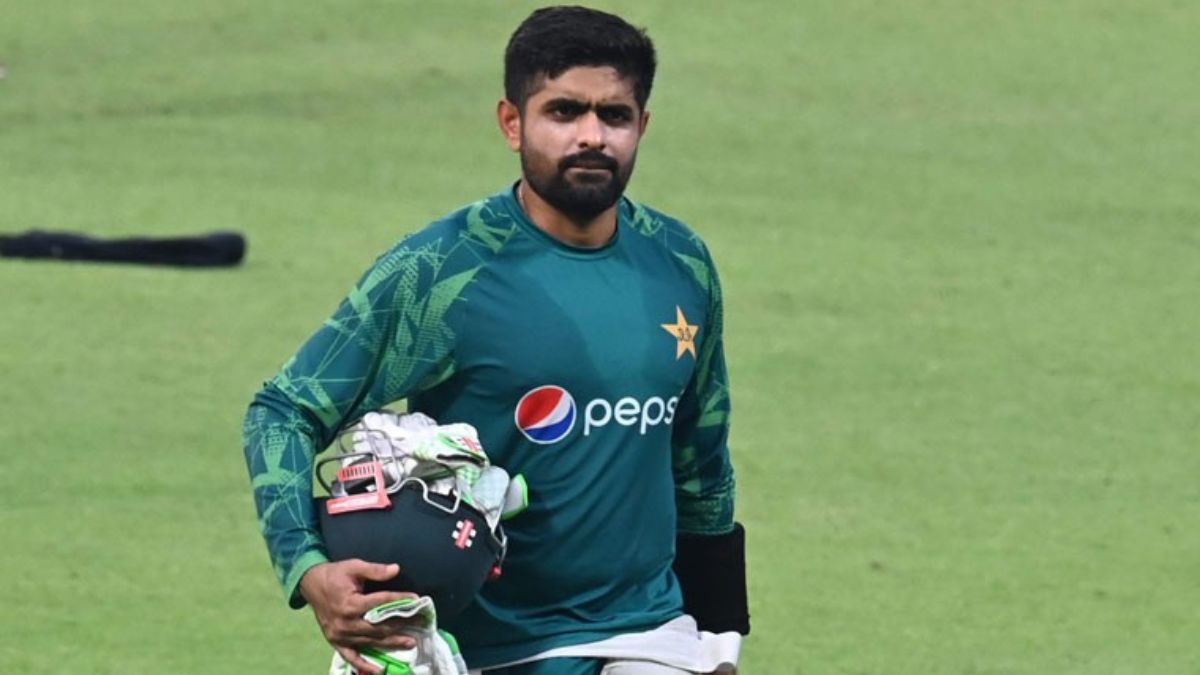Did Pakistan's head coach ask Babar Azam to keep wickets for T20I return? Clarification out

One of the boldest moves taken by Pakistan men's selection committee has been regarding the omission of star batter Babar Azam from the shortest format. While the axing is only temporary as the team looks to build for the future under new head coach Mike Hesson, rumours are aplenty about the whole episode in general.
Recently, there were allegations that Hesson had asked Babar to work on his wicketkeeping skills if he wanted to make a return to the T20I side. However, the New Zealander has put a full stop the entire rumour mill by vehemently denying the incident. Hesson also felt that a player of Babar's stature needed to be respected even when not part of the national side.
Apart from Babar, lead pacer Shaheen Afridi also finds himself out of the reckoning in T20Is but Hesson maintained that the doors are not closed permanently on the duo. Stressing on the Babar issue, the head coach also remarked the competition is strong when it comes to Pakistan's top order.
“No discussion took place with Babar where I suggested he also keep wickets. He has never kept wickets in his entire career and you suggest he keeps wickets. This is not the way to treat a former captain and senior." Hesson was quoted as saying by the PTI.
“Firstly, Babar Azam is not seen as a wicketkeeping option, no,” Hesson said. “Not sure where that came from, but I have heard that speculation. Babar is competing for one of the opening positions at the moment. But obviously we have Fakhar [Zaman] and Saim [Ayub] in those two roles at the moment, so he’s competing for that.”
Babar is currently just nine runs away from going past Rohit Sharma's tally of most runs in T20Is. With 4223 runs at an average of 39.83, he has been a consistent run scorer for Pakistan but his strike rate of 129.22 is a topic that has stirred debates, particularly with the ultra-aggressive approach in T20Is these days. There was also another rumour that Hesson has asked the selection to committee to consider a strike rate of 150-plus as a marker in picking players for the format.
Hesson denied this allegation as well and also sounded optimistic about Babar's ability to make the required transition to the modern-day requirements of T20 cricket.
“No doubt strike rate is important in T20 cricket but you have to combine it with a volume of runs,” Hesson said. “There’s a good reason why our ranking in T20 cricket is as low as it is, because our strike rates from a batting point of view are not high enough. We certainly made some shifts in that last series to play a more expansive game of cricket and probably catch up with the rest of the world, as that is the way the modern game is."
Sports